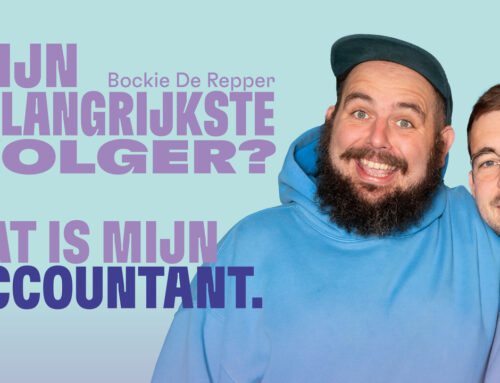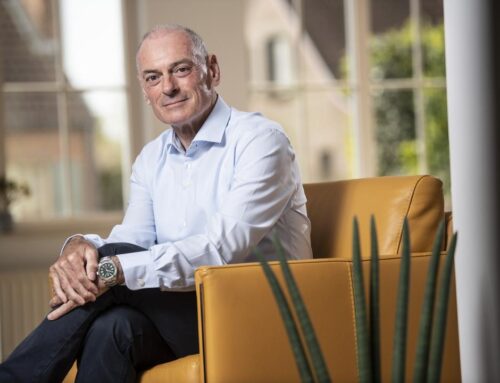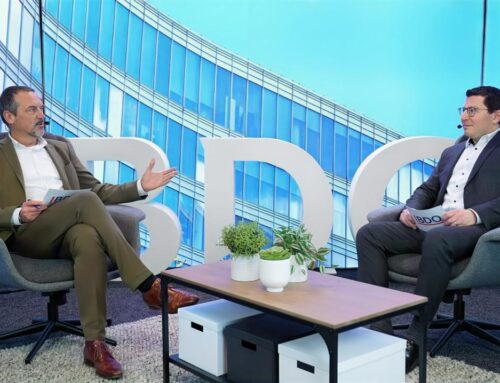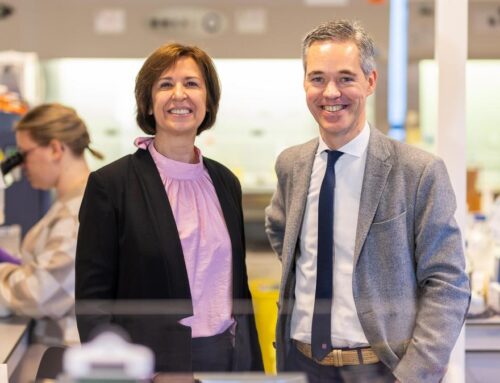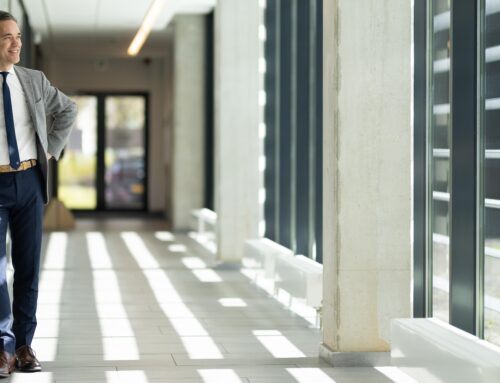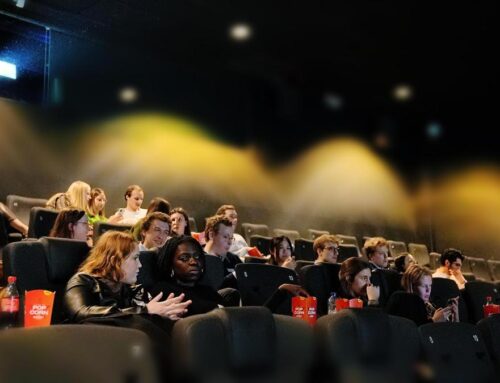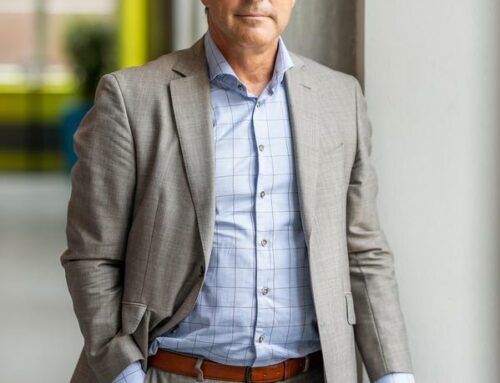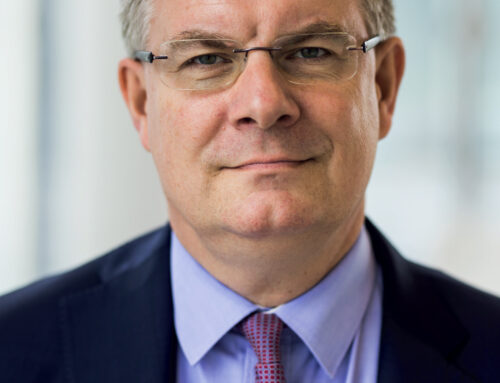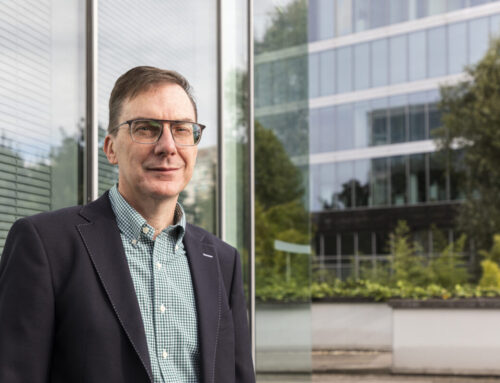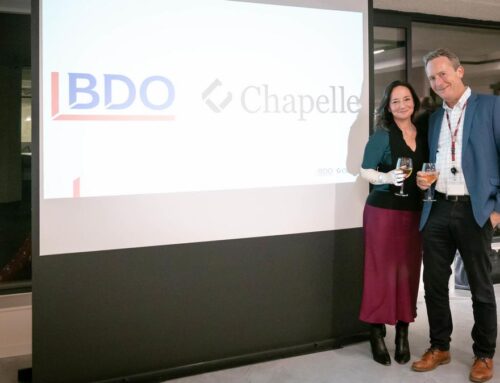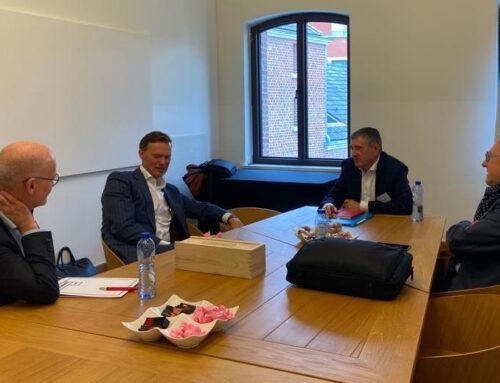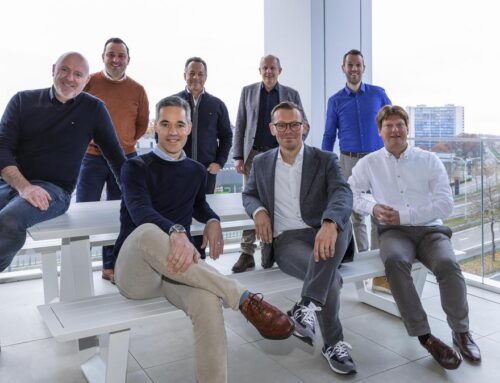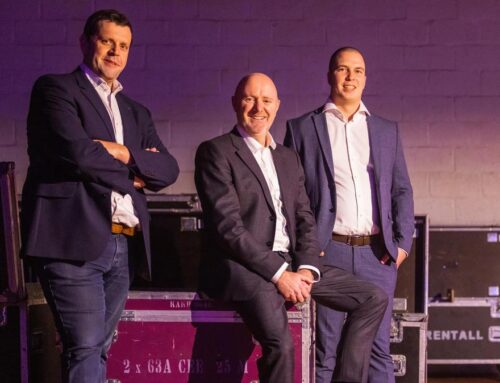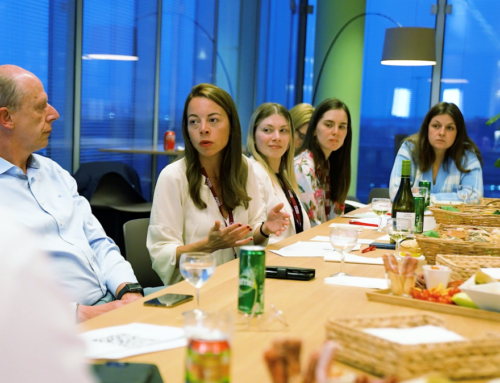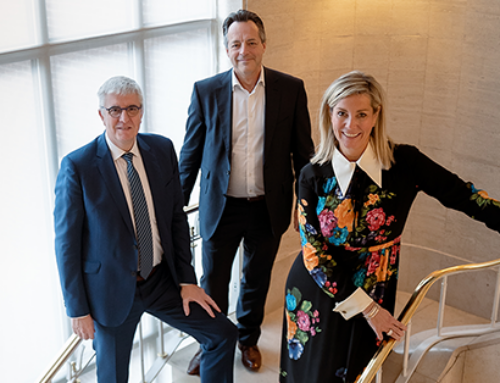Stay in control of your energy bill
BDO + Odot = optimal energy management
In the current volatile energy landscape, it’s becoming more challenging than ever for companies to optimise energy supply. Sustainably, at the best possible price, and future-oriented. Moreover, the energy market has become so complex that an ‘energy manager’ is not a luxury. That’s why BDO Belgium is participating in Odot, the energy expert that, thanks to a unique purchase model, supported by the necessary apps, keeps your energy bill under control.
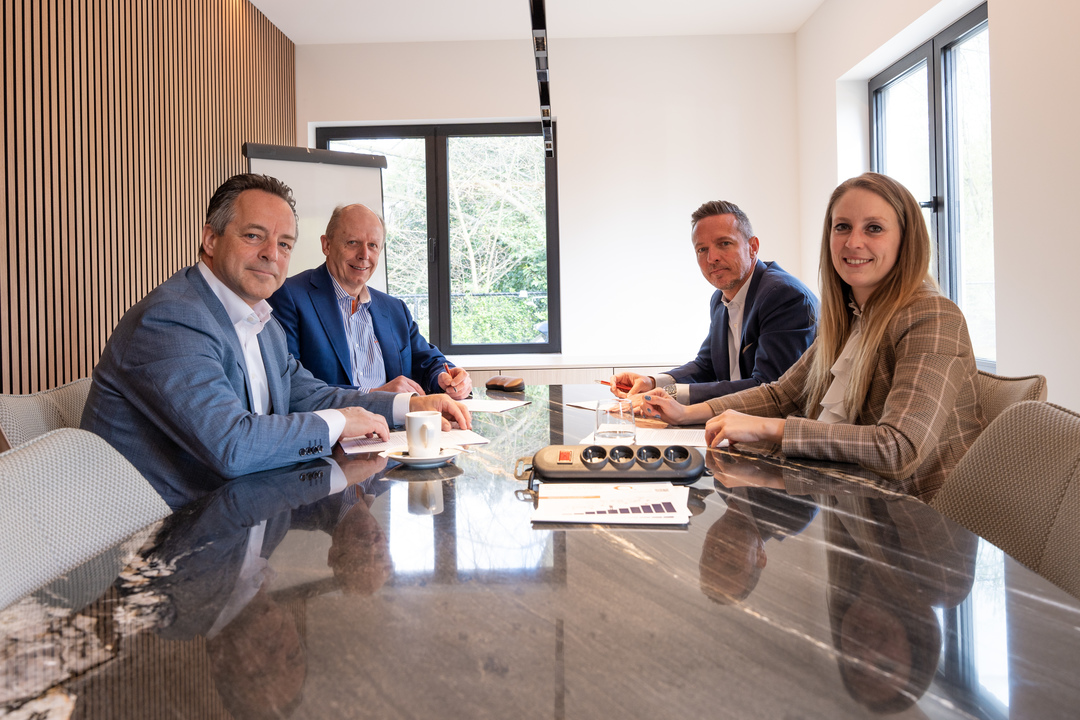
“In addition to energy prices, the energy transition is also a catalyst for making your energy consumption more sustainable.”
Through a capital increase, BDO Belgium is participating in the capital of Odot, the energy manager with which we have been working for some time. Today, Odot is looking at the electricity and gas supply of companies. “It is, above all, the (family) production companies and companies with multiple branches that have every interest in a well-thought-out energy purchasing strategy,” says Peter Van Laer, CEO of BDO Belgium, regarding the reason for the participation.
Indeed, keeping energy costs under control is not just a matter of accounting. The increasing complexity of the supply and management, the digitalisation of energy flows, and (not least of all) the evolution towards more sustainable entrepreneurship and ESG reporting are important drivers for mapping out energy consumption and energy organisation – and, where possible, optimising them in all their facets. “All the while taking into account the volatile supply market – today, nobody can predict with certainty how that will evolve in the medium- and long-term.”
Purchase model ensures the lowest cost
Odot knows exactly how energy contracts are constructed: where hidden margins and risks are located, what administrative costs are charged, how the link with wholesale prices is established, and what the optimisation options are. Knowledge of the details of energy contracts, and a detailed purchasing strategy, are becoming more important by the day. “Thanks to Odot’s expertise, knowledge and experience, we can guide our clients in the well-considered purchase of gas and electricity,” says Dirk Vandendaele, Managing Partner Accounting & Reporting BDO Belgium. “We support our clients with the integration of charging station infrastructure, solar panels, and wind farms. As with the purchase contracts, Odot experts also have the knowledge and network concerning these projects to install the best solution for our clients.” Bottom line: Odot organises a smart energy mix and takes care of the headaches and red tape. “And all of that for a fee that you can earn back multiple times in a jiffy. A win-win, in other words.”
“Our many years of experience in energy trading with energy suppliers have given us crucial insights into the construction of energy contracts and the optimal way to purchase energy. We know the margins and the possibilities like no one else,” confirms Chris Elbers, seasoned energy expert and CEO of Odot. “We have translated this know-how into a unique purchasing model – supported by an energy management platform developed in-house – and we are playing this out in a targeted manner in negotiations with various energy parties. The clients’ interests come first. By grouping the weight of our clients, we also stipulate conditions that an individual company could never receive, in terms of price formulas as well as in terms of the type of contract.”
The question is whether, in the current unstable energy market, there is still a good strategy for companies to purchase energy? According to Chris Elbers, until mid-2021, companies negotiated mainly to get the last euro cent out of the margin of the energy contract. That track is exhausted today. “That’s why Odot is now focusing mainly on energy contracts that provide the flexibility to set prices in parts of the volume in the long-term. We must take into account the sharply increased CO2 prices that trickle down into the price of electricity and the nuclear exit in the coming years. For example, energy prices for delivery in 2025 are currently high compared to two years ago, but they’re up to 20% lower than current prices. Thanks to this advance knowledge, you can, for example, already set a quarter of your required volume at that rate. If the price drops again, there is still 75% left to respond to the drop. In this way, our clients evolve towards decreasing energy budgets every year and are better able to keep their energy costs under control.”
“Thanks to Odot’s expertise and experience, we can guide our clients in the well-considered purchase of gas and electricity.”
Sharing knowledge creates value
In addition to Odot’s expertise, their digital knowledge platform was another argument for BDO to participate in the capital. Odot centralises all knowledge on this platform and simultaneously links the client’s actual consumption, the price formulas of the contracts, and the actions implemented in the purchase strategy. The platform offers the client continuous insight into the consumption of each connection and a way to follow the cost of each kWh. The platform is even capable of measuring and controlling inverters of solar panels, batteries and charging points. Peter: “The big advantage is that we can capitalise on the evolution of electricity consumption at a client and that we can proactively negotiate or renegotiate contracts or determine a price range for a certain period. This is analogous to what wholesale distribution does with its product suppliers. In turn, clients can closely monitor their energy profile via a personalised dashboard, without having to collect and link data themselves. This offers them insights into their real energy consumption and encourages them to reflect.”
With the platform, Odot also relieves clients of the management and submission of peak capacities within the framework of the capacity rate in Flanders. With the rise of ‘energy sharing – for example, to share power surpluses from solar panels with other establishments or to sell them to another company – Odot ensures that this solution is organised correctly, in sync with the surrounding energy contracts. And that not only the megawatt hours but also the numbers of euros are available to clients in clear dashboards.
At the strategic level, thanks to all of the available data, a (hedging) policy can be determined in a future-oriented manner that takes into account the global energy flows and market movements, the production evolution, and the energy needs of the company itself. “Making the link with aiGUST, the fintech AI platform for accountants, is obvious,” says Peter regarding the future. “Because the more we can (and dare to) bundle and share client knowledge and data with each other, the more valuable these data become for each client individually. A company that knows the exact cost per megawatt hour – and can perfectly indicate which internal factors have an impact on this cost – can take very targeted action or adjust its consumption and purchase strategy.” (Also read the insert ‘aiGUST, mirror of the future’)
“Odot organises a smart energy mix and takes care of the headaches and hassles.”
Towards sustainable energy consumption
Energy price and energy cost control are one pillar of the strategic growth path. The transition to sustainable energy consumption is a second pillar. Today, companies must take action towards sustainable entrepreneurship if they want to be compliant with new European regulations (such as the ESG reporting that will soon become mandatory for the majority of companies), as well as federal and regional regulations, and do not want to be presented with the bill in 5 years.
Today, many companies are still struggling with the upcoming ESG reporting obligation, and they’re looking for ways to anchor that new reality in their strategy. Energy is often a first step, but it raises many questions at the same time: do we want to purchase green energy, or what are other innovative options? Do we invest in an electric fleet, solar panels, or wind turbines? From now on, by combining our ESG expertise with Odot’s know-how, we can also help our clients with an objective solution and adjustment of their strategy.
In addition, we also see various drivers that have a major impact on the way (and speed) with which our clients are making the energy transition and will do business more sustainably: for example, the conditions in the context of capital provision, the business risks and opportunities, the pressure from our own clients and other stakeholders, etc. “We want to support our clients in taking a proactive role here, so that they don’t miss out on the opportunities this transition brings,” Dirk and Chris explain. “We urge them not to wait for ‘the hammer’ of upcoming legislation, taxes, etc., which would force them to respond reactively to all costs and associated risks. At the same time, we provide solutions to make their energy policy optimally sustainable. Because, as one example: the lower the energy consumption, the lower the CO2 emissions.”
Now that ‘energy sharing’ is a possibility, developers of large solar parks come to us in their search for clients. Chris: “When a lot of energy is injected into the grid, we look into our client portfolio for clients with a good profile match and offer green solar power at a fixed price for up to 15 years. We integrate this solution into the contract structure, and both the seller and the buyer can follow all volumes and euros transparently on the Odot platform.”
aiGUST, mirror of the future
aiGUST – started by BDO Belgium with industry peers Van Havermaet and Vandelanotte – helps accountants meet their clients’ expectations by extracting data from existing accounting software packages and other systems and turning it into clear, actionable insights and advice that the accountants’ clients can use to make their business perform better. The power of the platform lies in the sum of the knowledge and data shared by individual members, and brought in by external experts, and the intelligence of the self-learning algorithms unleashed on it.
Tim Bottelbergs, CEO of the fintech knowledge platform aiGUST: “It would be crazy if we did not use the energy costs from accounting to help clients map out their energy consumption in relation to these costs. And to work on this in order to optimise energy management. If the accountant has a specific question, they receive targeted advice, based not just on their data but on the entire community’s available data. It’s up to the accountant to decide how to tailor this ‘algorithmic advice’ to their client company. In other words, the accountant retains control over his or her data and the advice from aiGUST at all times.”
Thanks to its huge database, aiGUST can also detect or predict trends and provide benchmarks. “And proactively send triggers to the accountant. For example, what is the impact of a new law or European rule on your clients’ compliance management? (Prediction) Or did you know that your client’s energy costs are not in line with those of its peers in the sector? (Benchmark)”
Also read the article “aiGUST – Everything for and by the accountant”
www.aigust.be

